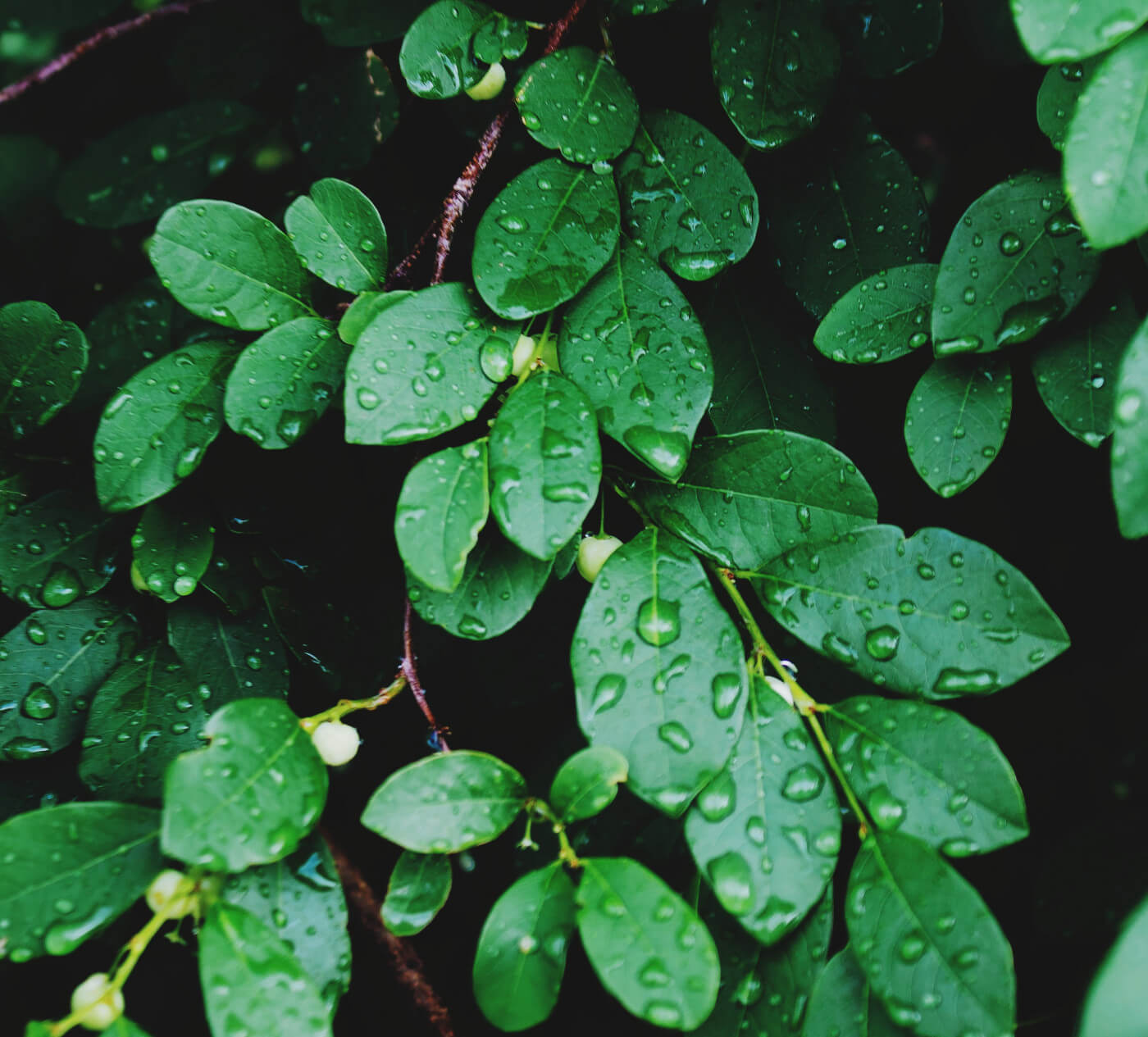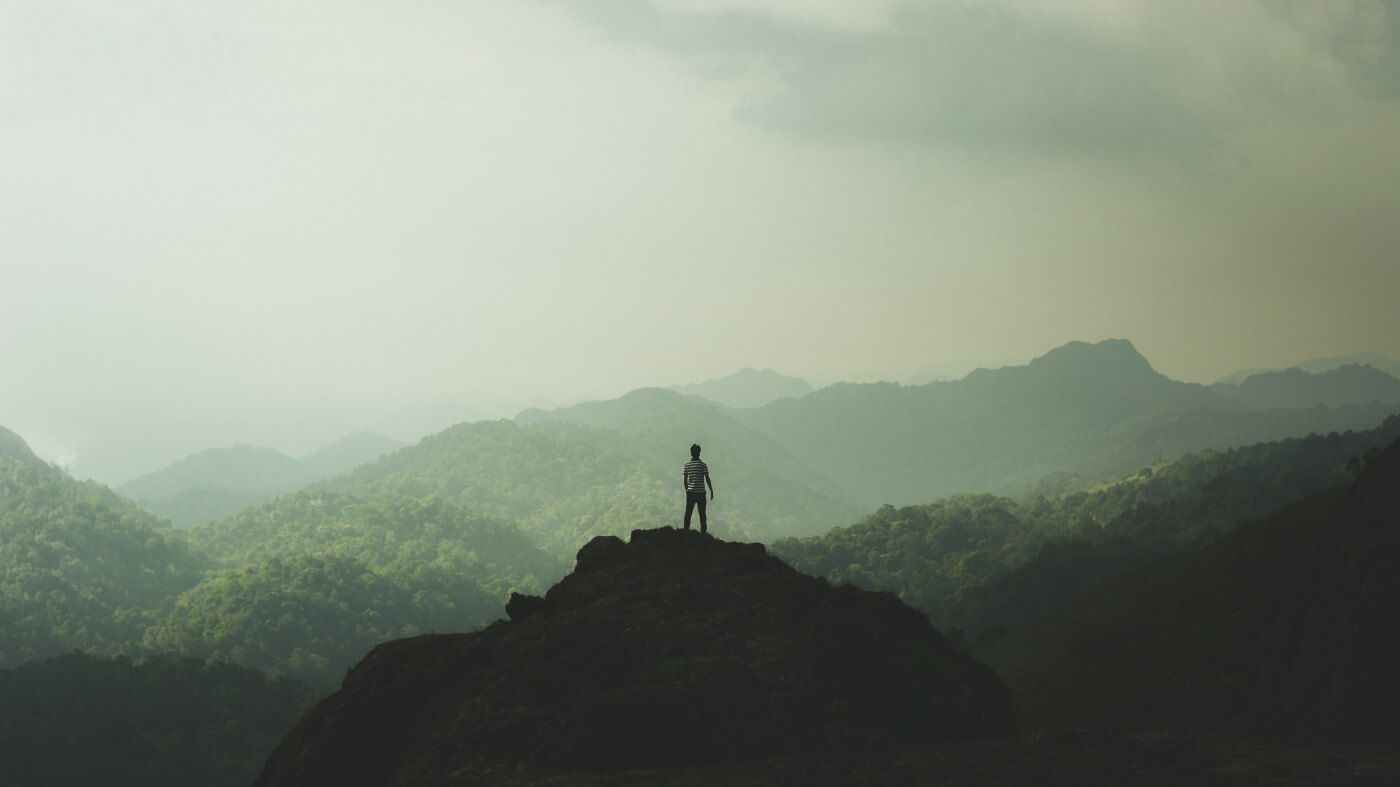The negative impacts of climate change on health and wellbeing are often discussed in detached terms by those who are able to avoid experiencing the more life-threatening effects of global warming on their own daily lives. News articles detail increases in illnesses and diseases such as malaria and diarrhoea, new weather patterns such as floods affecting physical environments, an increase in malnutrition due to reduced crop yields as a result of a shifting climate - we read, we feel worried, and then we go back to our own daily routine and forget. But what about when you witness a young child’s struggle to survive yourself? What about when you yourself do the steep trek that a nurse must do multiple times a week to provide care for her patient? What about when you consider how difficult you found that journey, despite the stable weather, despite being able-bodied, despite having easy access to quality healthcare at home that is unaffected by climate change and simply a short journey away on smooth roads, in a car that protects you from the unlikely possibility of constant weather changes?
Walking a mile in someone else’s shoes is humbling, and for many of us who feel desensitised to the constant barrage of catastrophe shared by media outlets, and feel detached from the way vulnerable communities’ real stories are turned into facts, figures and data streams, sometimes everything feels too abstract and far removed from our own lives for us to think too long about it all.
Little Chance did not have that privilege.
Chance’s Story
High up a mountain in Rwanda, a four year old girl whimpers in agony.
Reaching from the side of little Chance’s abdomen and across her back, one tumour grows atop another tumour. They are the size of a melon and a mango, and they force her to lie on her front at all times, unable to move. Numerous operations have already occurred, filling the young child’s life with constant discomfort and pain, yet none have been successful. Now, the tumours take up nearly two thirds of her entire body, and are covered with open wounds, with maggots living inside them. The place where she lives - a mud hut with no more than one cramped and dusty room - is not safe to stay, with no bathroom and a contaminated water supply, increasing her entire family’s risk of contracting water-bourne and skin diseases.
To provide palliative care, a nurse must climb for over thirty minutes up a steep and uneven pathway with her medical kit to reach little Chance. Due to extreme weather conditions - exacerbated by shifts in climate as a result of global warming - occasionally the track is completely unusable due to heavy rain, which is only expected to get worse. Yet our nurse regularly made the climb, battling all weather conditions to reach Chance and do her best to support her family and ease her pain.

When our team visited little Chance, they saw first hand how much incredible work has been enabled through your donations to the community based Palliative Care organisation we support, and how dedicated the nurses are to their patients. Back in the office, they relayed how devastated and emotional they felt when witnessing little Chance’s living conditions, and highlighted the absolute privilege we all collectively hold due to the limited impact climate change has on our own physical environment and healthcare access.
Sadly, little Chance has since passed away. But her story is not an isolated experience. Thousands of vulnerable patients struggle to survive, in uninhabitable conditions, far away from a health clinic, and suffering even more due to the environmental impact of climate change on their physical access to support and care.
Your donations to our Palliative Care programme have already made a difference in mitigating these challenges, providing little Chance - and many others - with regular home visits, medication, psychosocial support and shelter.
By setting up a regular monthly donation, we can commit to serving patients in need with consistent support, provide access to resources and medication over long periods of time to those who need it most.
Donate today: https://doctorsworldwide.org/donate
Make sure to share this article with your friends and family, follow us on social media (twitter, facebook, instagram, linkedin, tiktok) and subscribe to our mailing list below for regular updates and campaigns.


